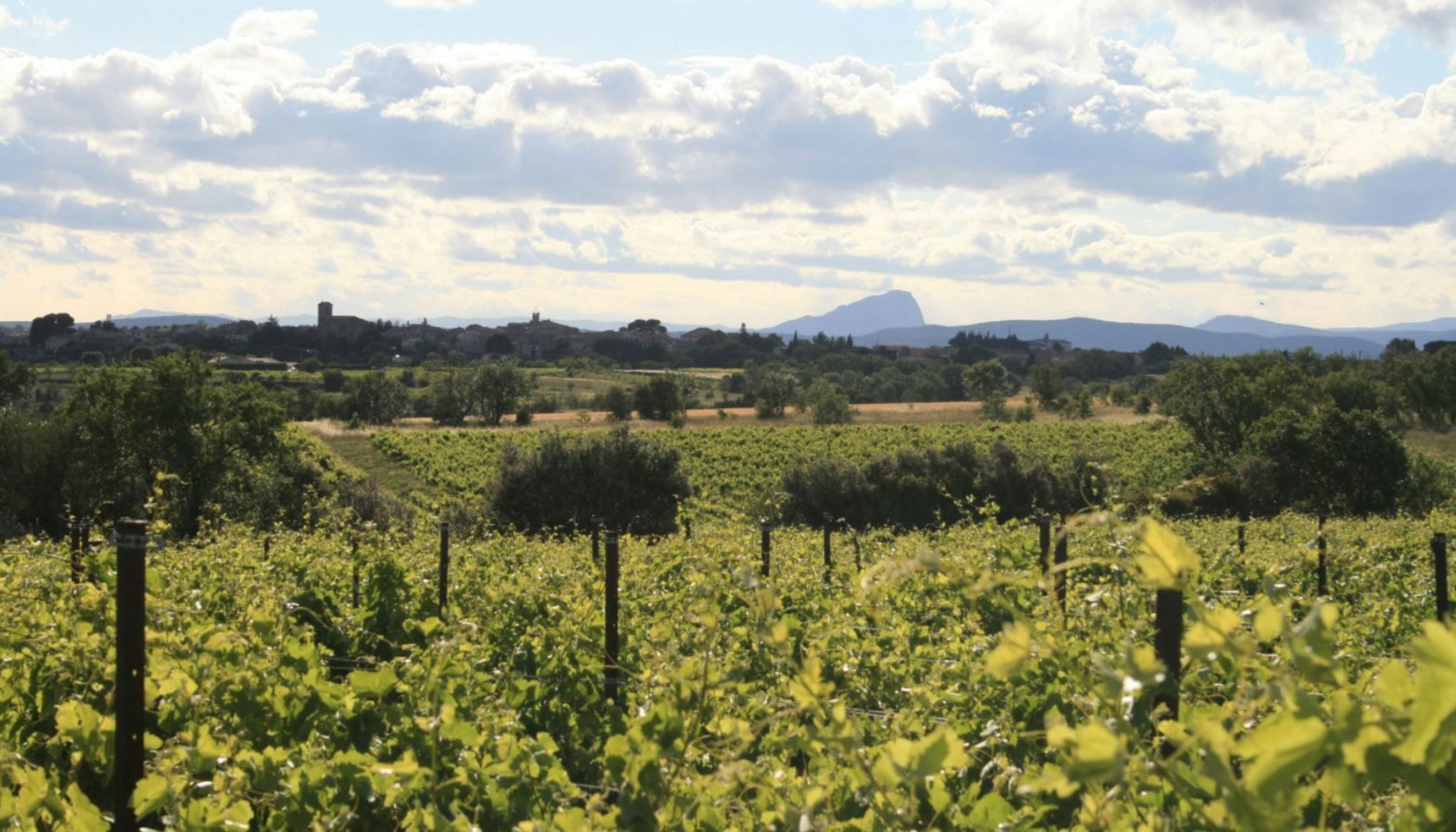
- Home
- Loupian, a villa in Gallia Narbonensis
- A Roman estate on the plains of Languedoc
- Southern France and the Roman conquest
In the wake of the Roman conquest of the late 2nd century BCE and the creation of Colonia Narbo Martius in 118 BCE, the Volcae – the local inhabitants of the Languedoc region – were integrated into a new province which the Romans called Transalpine Gaul. The political incentive for the local elites to join Roman society was reinforced by Cesar's policy of granting special privileges to the transalpine populations. The transformation of the society of southern Gaul continued with the founding of a number of resettlement colonies for veterans of military campaigns as of the late 1st century BCE.
The move to create these colonies was built on a network of sizeable pre-Roman settlements. Béziers, Nîmes and Carcassonne are examples of towns that were converted to colonies around 30–20 BCE. Other communities did not benefit from such development, and these lesser settlements found themselves folded into the territories of the new towns. Late Antique reforms finally broke up these centuries-old territorial groupings, paving the way for the emergence of new administrative centres. The elevation of Agde – a town born of the Greek colony of Massalia – to such a status offers a good example of the changes that took place on an administrative level.

